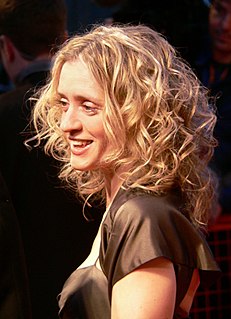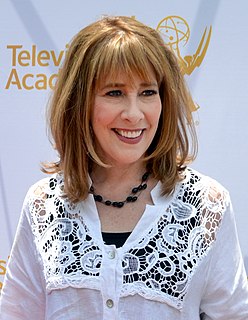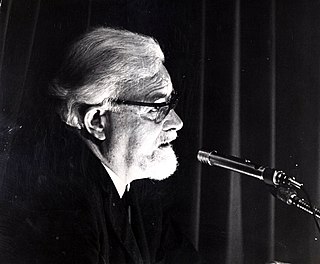A Quote by Kazuo Ishiguro
There's something peculiar about writing fiction. It requires an interesting balance between seeing the world as a child and having the wisdom of a middle-aged person. The further you get from childhood and the experience of the teenage years, the greater the danger of losing that wellspring.
Related Quotes
Having a child is the polar opposite experience of the awards season experience. The awards-season experience requires you to be out in the community, in the heart of the community, at the nucleus of the film community in a really committed way for about a six-month period of time. Having a child requires you to nest, to be in your home, and to create and make your home and environment that is one that is potentially very welcoming and nurturing for a child.
[Michael] Chabon, who is himself a brash and playful and ebullient genre-bender, writes about how our idea of what constitutes literary fiction is a very narrow idea that, world-historically, evolved over the last sixty or seventy years or so - that until the rise of that kind of third-person-limited, middle-aged-white-guy-experiencing-enlightenment story as in some way the epitome of literary fiction - before that all kinds of crazy things that we would now define as belonging to genre were part of the literary canon.
There is a thing called knowledge of the world, which people do not have until they are middle-aged. It is something which cannot be taught to younger people, because it is not logical and does not obey laws which are constant. It has no rules. Only, in the long years which bring women to the middle of life, a sense of balance develops...when she is beginning to hate her used body, she suddenly finds that she can do it. She can go on living.






































